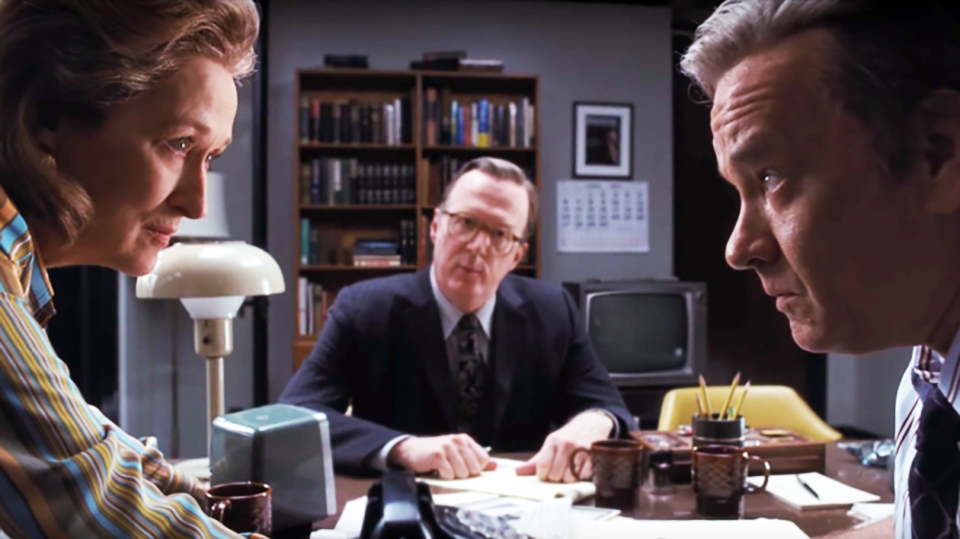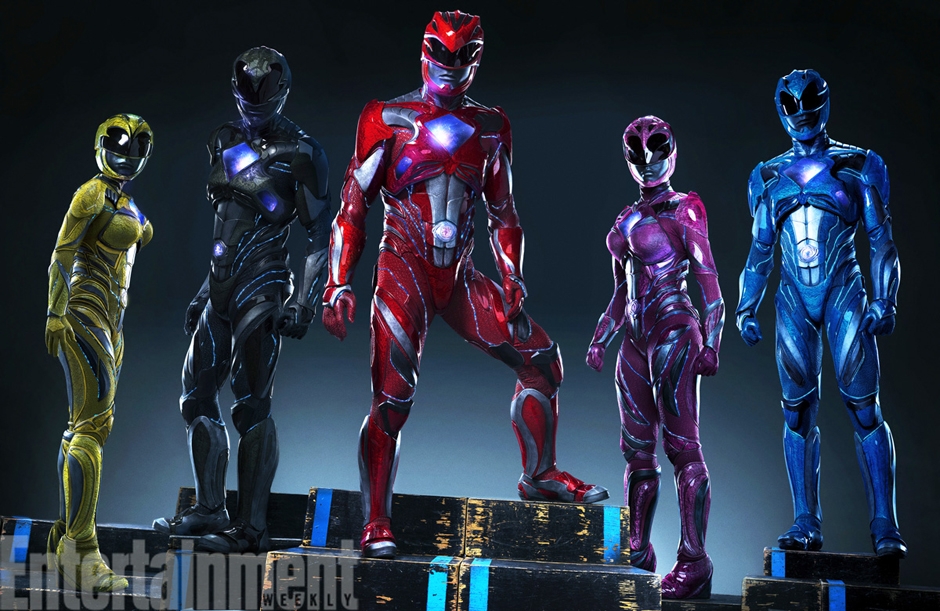

The Post premiered at the Newseum in Washington D.C. on Dec. 14. Its wide release was on Jan. 12, grossing $32 million worldwide and finishing second at the box office.
By Hallie Lauer | Layout Editor
01/18/2018
Steven Spielberg has come very close to outdoing himself with The Post. The movie, while providing a few laughs, a few tears and a wonderful dose of dramatic irony, also managed to deliver a poignant lesson on history and modern politics.
Overall, the cinematography of this film was phenomenal. One of the best shots of the whole movie portrays the day that The New York Times publishes the first part of the Vietnam study. In this entirely silent scene, every person in the Washington Post newsroom has the New York Times open and are pouring over the pages. This shot is impactful to the viewer because it shows that this study was so important to the people that everyone stopped whatever it was that they were doing to read the paper.
The angles and shots in that one scene are mimicked all over the movie, with many other scenes that could make your jaw drop.
While the cinematography was exceptional, Spielberg worked almost too hard to show the gender divide. Katharine Graham (Meryl Streep), the first woman publisher, faces many challenges in this movie, and Spielberg emphasizes on the fact that many of her challenges come from her gender.
While this struggle is important to include, and honestly a minor thing to nitpick about, the audience is beat over the head with multiple shots of Graham walking into a room, which is clearly filled with only men.
On the other hand, you get to watch Graham grow into her position and finally see her actions honored for their bravery by many of the women (and a few of the men) in the film. Streep’s performance was so convincing that while watching her decide whether or not to publish, despite knowing the outcome, I found myself worrying that she would listen to the bankers and not publish. Streep skillfully shows Graham’s character development and by the end of the movie, you may want to clap for her as she comes to understand her own power (and one person in the theatre did just that).
Aside from the technical aspects of The Post and the actors, there stands another reason for audiences to give a hats-off to not only Spielberg but also the writers, Liz Hannah and Josh Springer. Nothing in movies is done by accident, and that includes its release date and the language it used.
There were countless quotes in this film that could be heard in any newsroom today, as well as ideas that are unfortunately mirrored in our “anti-press” government.
This very well may be the most important aspect of The Post: not that it teaches parts of history that are often left from the textbooks, but that it also teaches us a lesson about today.
This movie talks about the shift in the relationship between the president and the press, which we see again currently happening in our world, but it also hits on other important topics of today, such as gender equality.
While earlier I critiqued Spielberg for being too obvious, I think for this moment in time, it was a necessary part of the movie. It shows the audience that while things have improved, the gender divide still exists today and can be blatantly seen in our society.
This movie also helps to partially fill a void left from the American education system. Very few things are taught about the Vietnam War, the Pentagon Papers and the Watergate scandal.
This movie provides a wonderful stepping stone for people to start their own research, and learn more about part of the history of our nation.
While this may be a movie about historical events, it also happens to be very topical in modern day politics and social life. So while you’re enjoying a wonderful performance by Hanks and Streep, just remember that there is a deeper lesson here.
Free press is just as important today as it was in 1971, and without it we as a nation cease to exist as we know it. For that reason, and those listed above, I give The Post five gold stars and I hope to whatever higher being you believe in, that the message does not get lost in translation.



